- Pool Technology
- 1 likes
- 16900 views
- 0 comments
Which pump you choose depends on the size of your pool and your budget. In this matter, however, it's not worth saving money, as only high-grade equipment will allow many years of trouble-free operation. When choosing a pump, there are several factors to consider. First of all, you need to look at its performance. The second parameter is the quality of manufacture and durability. The pump will be in operation for a long time, so it's important that it's made up of good quality components and is suitable for swimming pool water, which has its own characteristics.
- A suitable pump should be able to pump all the water from the tank within 6 hours
- The required pump capacity is calculated on the basis of the pool volume
- The pump must be connected to the filter, which must also have the correct parameters
Expert Advises!
Remember that pool filtration should last a minimum of 8 hours per day!

How to choose the size of the filter for the pool
The pool pump is connected to the filter. This, too, must have a diameter that matches the capacity of the pump. If the filter is too small, the water flow will be too fast and the effectiveness of the filtration will be reduced, and may even "burst" the filter. In the opposite situation -when the filter is too large- the pump will be 'throttled' and the flow rate will be too low. Fortunately, filter manufacturers go out of their way to provide fitting guidelines for the pump, so that customers do not have to fiddle with additional calculations. In our shop you will also find this information, and you can also purchase ready-made filter kits.
Here is a pump selection table for pools from 28 m3 to 144 m3

Useful products
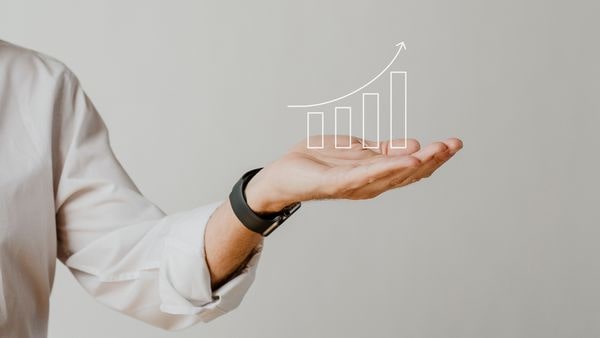
Efficiency or power of the pool pump?
Pool pump manufacturers specify many parameters. Among them is the wattage. Some customers might suggest selecting a pump against the kW quoted by the manufacturer. We should not look at wattage. The parameter that professionals suggest is purely performance. Equipment differs in design, components and this has a huge impact on performance. Just compare two pumps from the same manufacturer Badu Aqua Plus and Badu Magna. Both have variants with a capacity of 8 m3/h, of which the Magna has a lower output
See all products in thepool pump category
Technological requirements of the pool pump
Low-power pumps do not require a three-phase power supply, these only appear with units above 11 m3/h. Depending on the type of pool, the complexity of installation increases. The pump must be installed between the water intake point and the filter and inflow nozzle. In the case of professional pools, installation should be carried out by qualified personnel. In accordance with the "art", the fitter must have knowledge of hydraulics and electrics. For small rack-mounted pool pumps, it is sufficient to plug the pump into a socket after connecting the hoses. Remember to always connect the device to a residual current fuse!
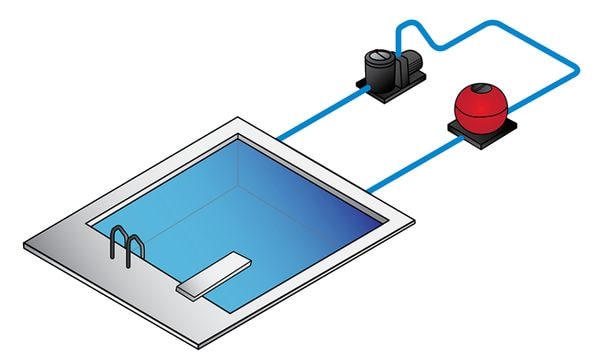
The sun, people using the pool encourage microbial growth. When the filtration works during the day it is able to catch dirt that will not turn into algae, for example.
Special balls that are supposed to be in the filter are popular among cheap filter models. We advise against their use as they are not able to filter the water well. Filter sand or AFM active glass are the best beds in our opinion.
A filter pump is a device that is prepared to work for a long time. An efficient and good quality pump is not noisy. In addition, there are models that feature very quiet operation.
The pump motor is sealed off from the chamber in which the water flows. Therefore, if the device is in working order, the bath is completely safe and there should be no fear of electrocution. Connecting the unit to a residual current fuse will further protect users.
FAQ - Questions and answers
Ask a POOLSYSTEM.PL specialist

Tomasz Tomkowicz
Pool Technology Specialist
Thank you for reading our article, if you have more questions or need more specialized help - write to me using the form.
Look for answers in our knowledge base
Jestem bardzo zadowolona z usług tej firmy. Każdy nam odmawiał pomocy, nawet firma montująca basen. Pool system zjawił się i doprowadził basen sprzed paru lat do stanu używalności, co więcej dokonał napraw uszczelniających co spowodowało ze basen stał się w pełni sprawny. Naprawdę polecam !

Bardzo miła i sympatyczna obsługa oraz fachowe doradztwo techniczne.

Bardzo profesjonalna i cierpliwa obsługa. Odbierają telefony, wszystko dokładnie wytłumaczą, wysyłają praktycznie na drugi dzień każdą część którą potrzebuje klient. Pan Krzysztof z serwisu rzetelnie podpowie co zrobić i jak rozwiązać swój basenowy problem, jeśli chcemy majstrować przy basenie sami. Pan Paweł i Marcin też skarbnica wiedzy technologii basenowej. Dobre ceny. Polecam firmę i pozdrawiam zespół POOLSYSTEM

Jak budujesz basen to to miejsce jest dla ciebie, osprzęt, doradztwo i miła obsługa.

Super obsługa doradzi pomoże,ceny na duży plus .Polecam

Bardzo mili ludzie, to naprawdę profesjonaliści. Nie lubię zakupów, ale spotkanie z Nimi było bardzo przyjemne.






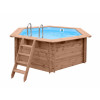
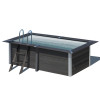
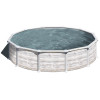
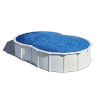
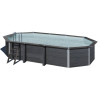
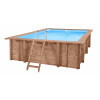
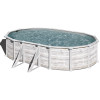
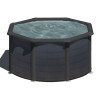








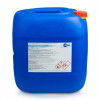
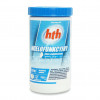
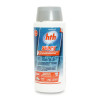
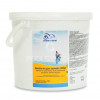
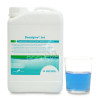
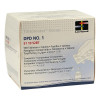





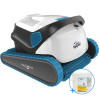
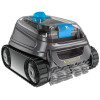
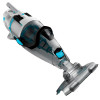
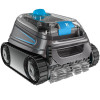
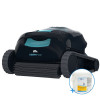
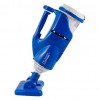




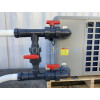
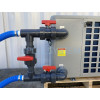
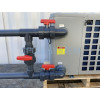











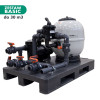
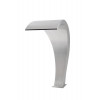
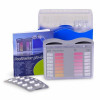
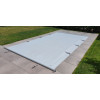

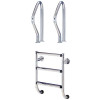










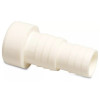
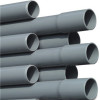
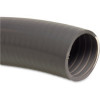
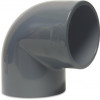
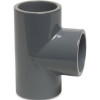
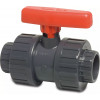
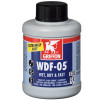
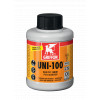








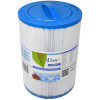
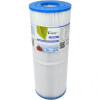
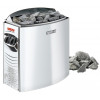

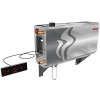
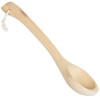
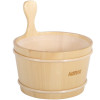
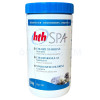

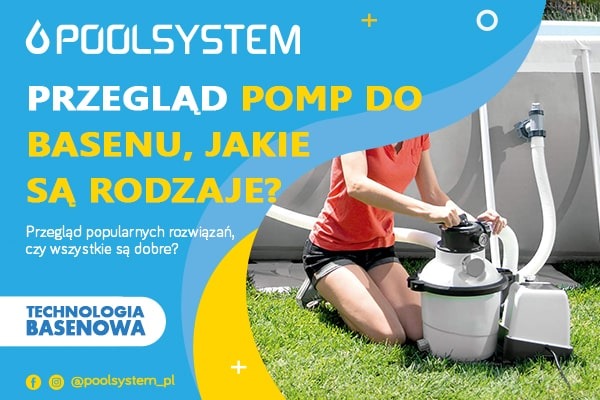
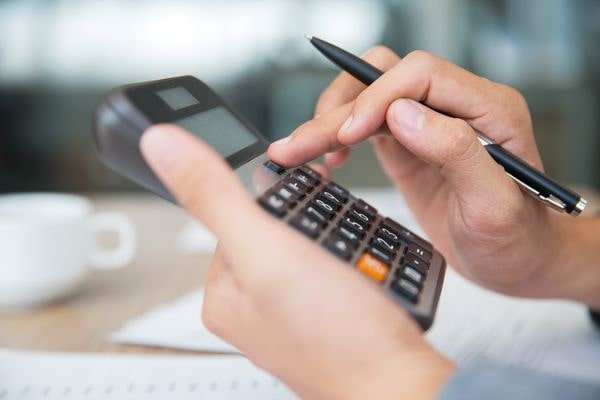
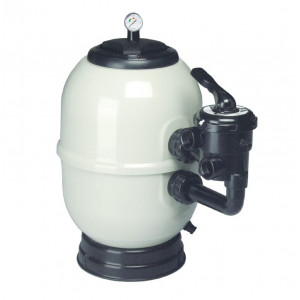

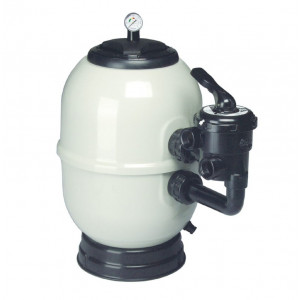

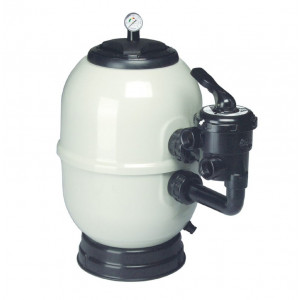

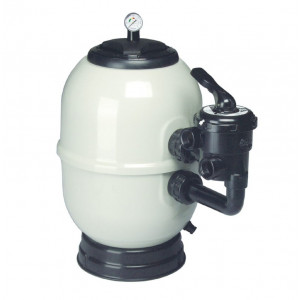

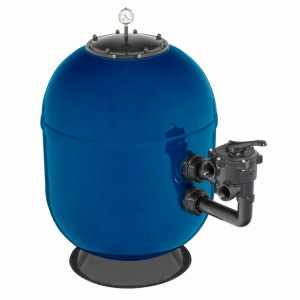
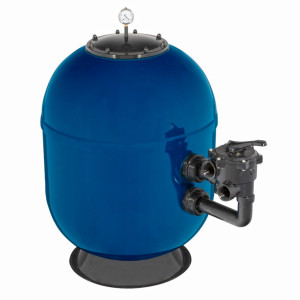

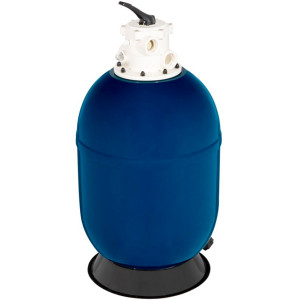

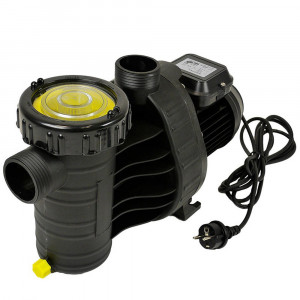

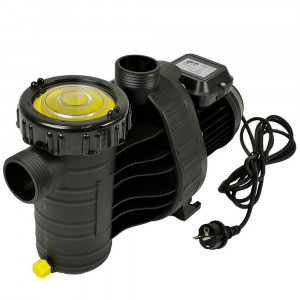

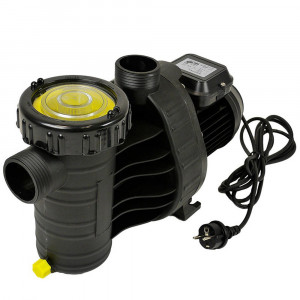

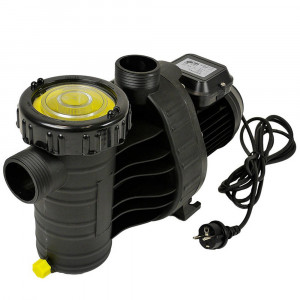

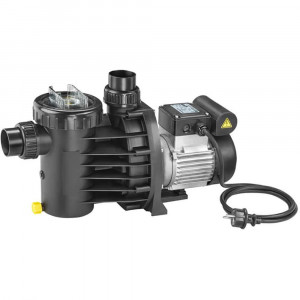
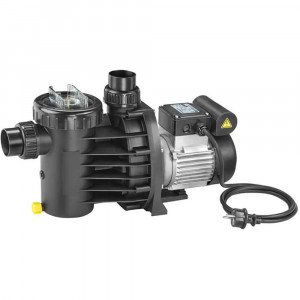

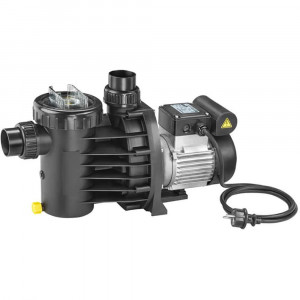

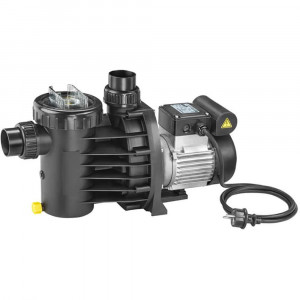
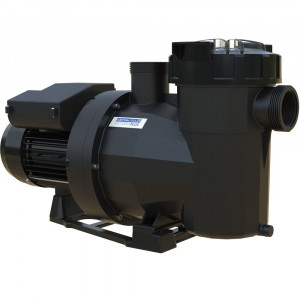
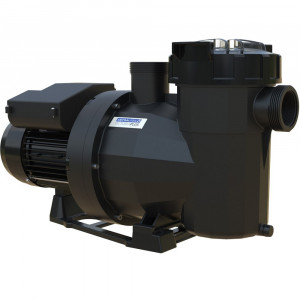
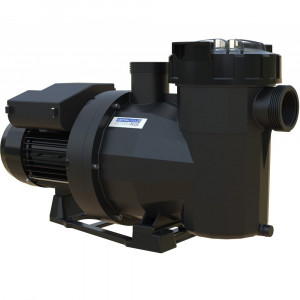
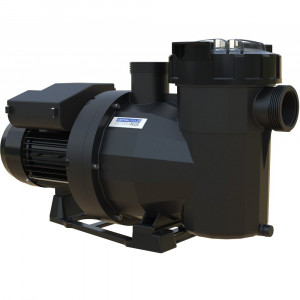
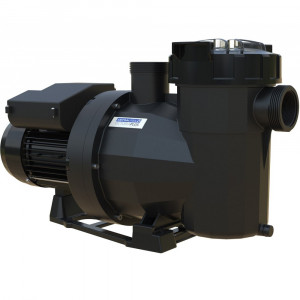
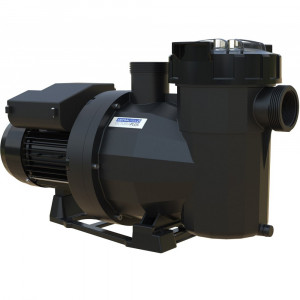
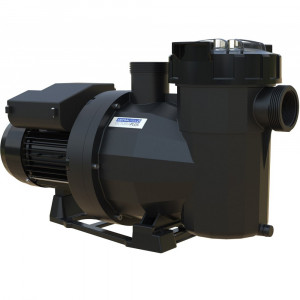
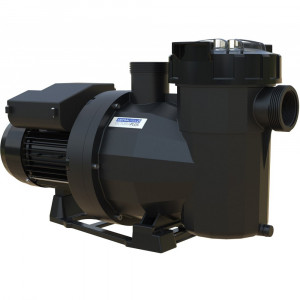
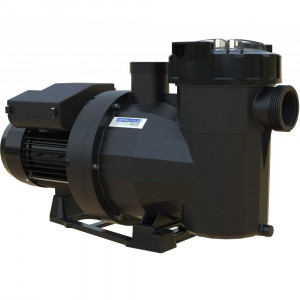
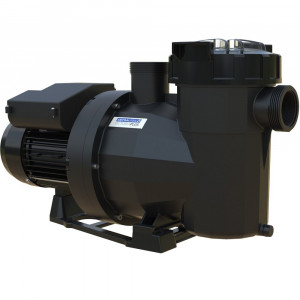
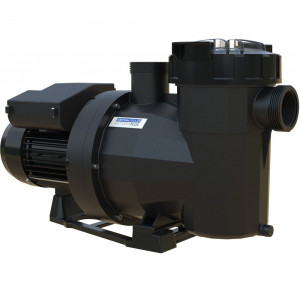
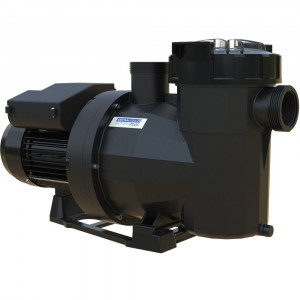
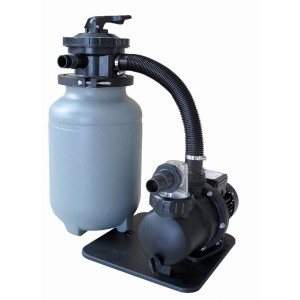

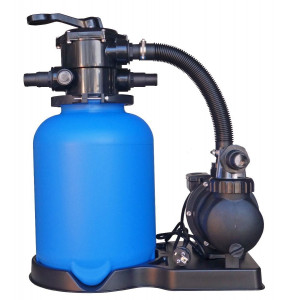

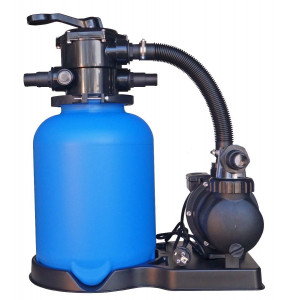

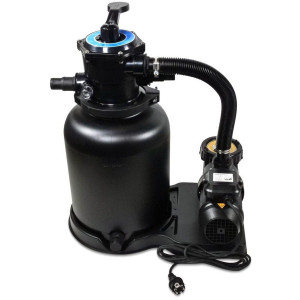

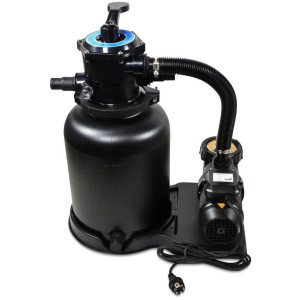





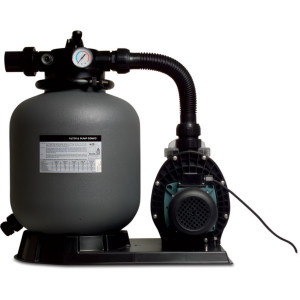

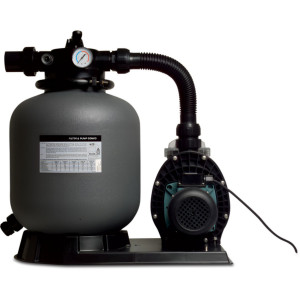

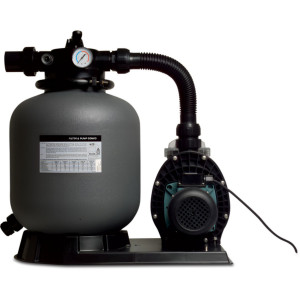

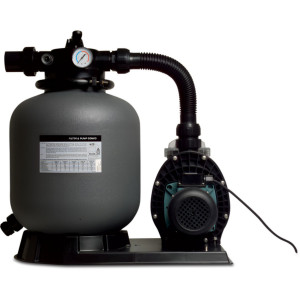

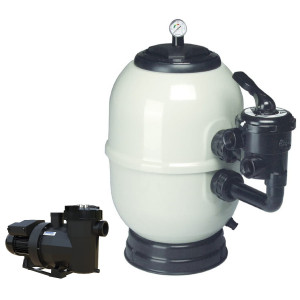
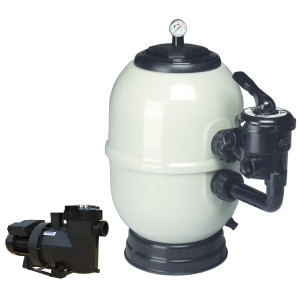
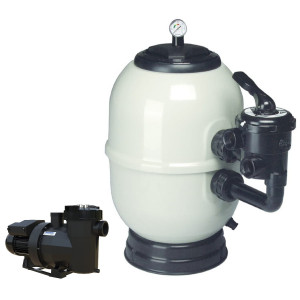
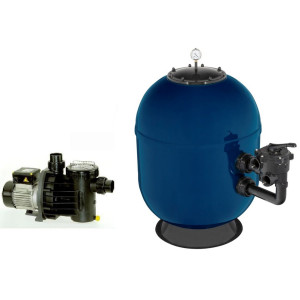

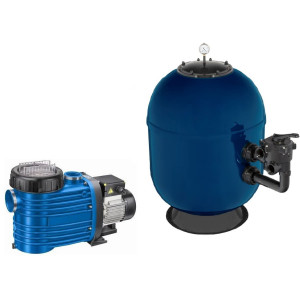
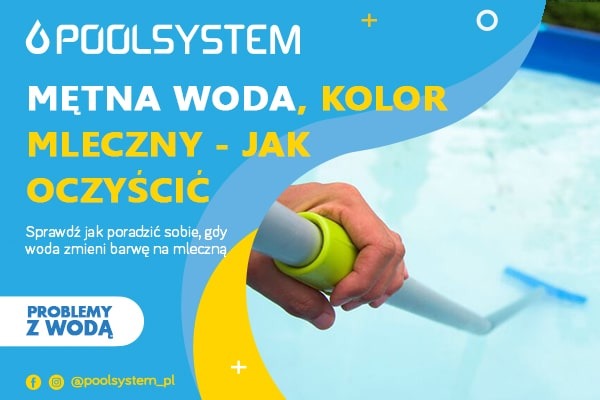
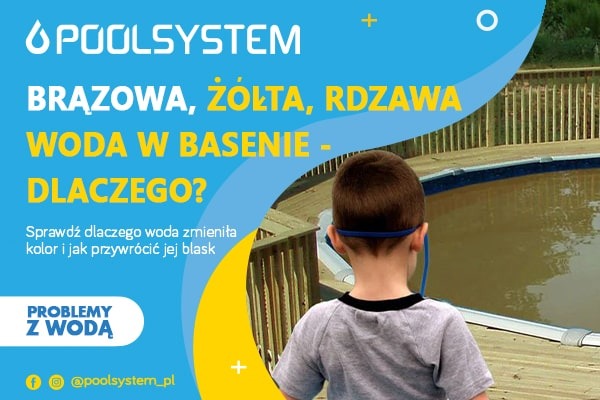
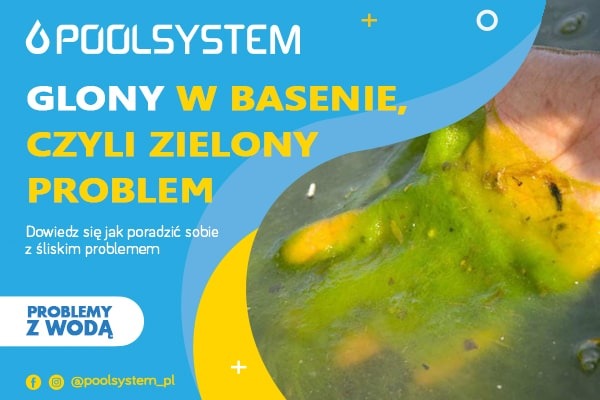
Comments (0)